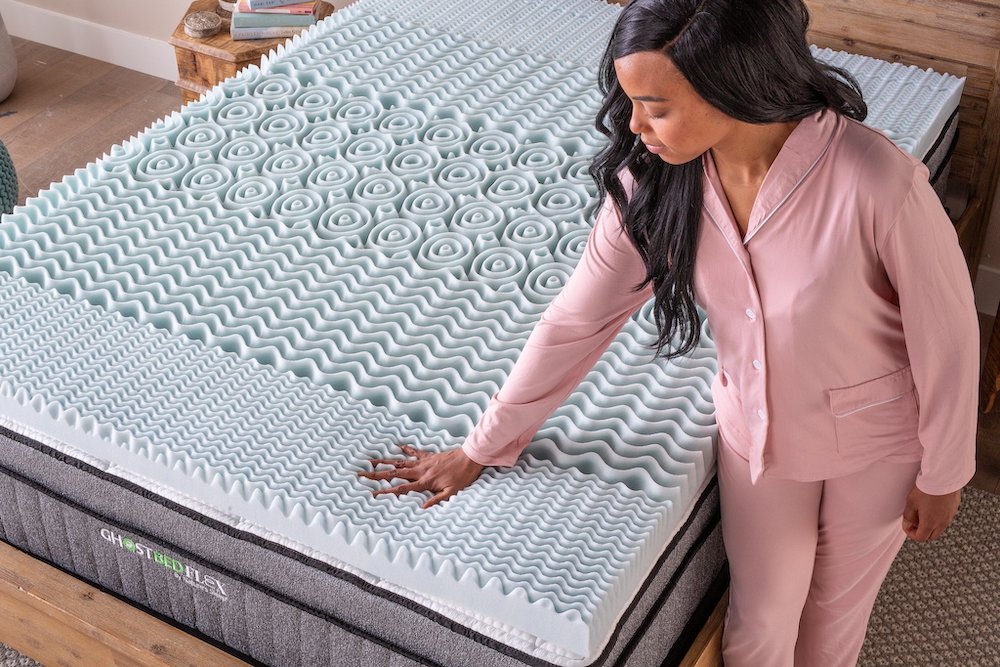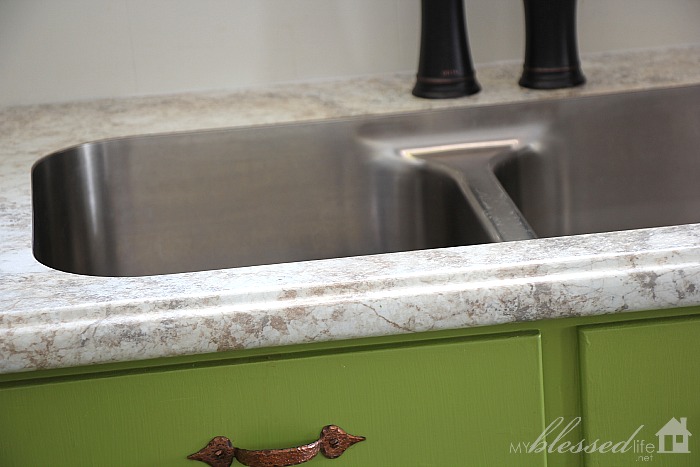Clogged kitchen sink drains can be a major inconvenience, causing water to back up and making it difficult to wash dishes or dispose of food scraps. Luckily, with a few simple steps, you can easily unclog your sink drain and get your kitchen back to working order. Here are 10 tips to help you unplug your kitchen sink drain and prevent future clogs.How to Unclog a Kitchen Sink Drain
If your sink is completely clogged and filled with standing water, the first step is to remove as much water as possible. You can use a cup or bucket to scoop out the water, or a wet/dry vacuum to suck it up. Once the water level is low enough, you can move on to unclogging the drain.How to Unclog a Kitchen Sink Drain with Standing Water
There are several DIY methods you can try to unclog your kitchen sink drain before calling a professional. One option is to use a mixture of hot water and dish soap. Pour a pot of hot water down the drain, followed by a few tablespoons of dish soap. Let it sit for a few minutes, then run hot water down the drain to see if it clears the clog.DIY Methods for Unclogging a Kitchen Sink Drain
If hot water and dish soap don't do the trick, you can use a plunger to try and dislodge the clog. Make sure there is enough water in the sink to cover the rubber part of the plunger, then place it over the drain and push down and up quickly. This should create suction and hopefully loosen the clog.Using a Plunger to Unclog a Kitchen Sink Drain
If a plunger doesn't work, you can try using a drain snake or auger to physically remove the clog. Insert the snake into the drain and turn the handle clockwise to push it further in. Once you feel resistance, turn the handle counterclockwise to try and grab onto the clog. Pull it out and run hot water down the drain to clear any remaining debris.Using a Drain Snake to Unclog a Kitchen Sink Drain
If you prefer to use natural methods, there are a few options to try. Baking soda and vinegar can create a chemical reaction that can help dissolve clogs. Pour ½ cup of baking soda down the drain, followed by 1 cup of vinegar. Let it sit for a few minutes, then run hot water down the drain to flush out the clog.Natural Ways to Unclog a Kitchen Sink Drain
The best way to deal with a clogged kitchen sink drain is to prevent it from happening in the first place. Be mindful of what you put down the drain, and avoid dumping grease, oils, and large food scraps. Using a drain cover can also help catch any debris before it goes down the drain.Preventing Clogs in Your Kitchen Sink Drain
Understanding the common causes of kitchen sink drain clogs can help you prevent them in the future. Some of the most common culprits include food scraps, grease and oils, and non-flushable items such as paper towels and wipes. Regularly cleaning your sink and drain can also help prevent buildup and clogs.Common Causes of Kitchen Sink Drain Clogs
If all else fails, it may be time to call in a professional plumber to unclog your kitchen sink drain. They have specialized tools and equipment that can effectively remove stubborn clogs. They can also inspect your pipes for any potential issues and provide maintenance tips to prevent future clogs.Professional Methods for Unclogging a Kitchen Sink Drain
If you have tried multiple DIY methods and still can't unclog your kitchen sink drain, it's best to call a plumber. They have the knowledge and experience to safely and effectively remove clogs without causing damage to your pipes. It's also a good idea to call a plumber if you notice recurring clogs, as this could indicate a larger issue. In conclusion, a clogged kitchen sink drain can be a frustrating and messy problem, but with these 10 tips, you can easily unclog it and prevent future clogs. Remember to be cautious of what you put down your drain and regularly clean your sink to keep it running smoothly. And when all else fails, don't hesitate to call a professional for help.When to Call a Plumber for a Clogged Kitchen Sink Drain
Why You Should Consider Unplugging Your Kitchen Sink Drain

When it comes to maintaining a functional and aesthetically pleasing kitchen, the importance of a well-working sink cannot be overstated. However, even with regular cleaning and maintenance, kitchen sinks can sometimes become clogged and cause a major inconvenience in our daily routines. In order to avoid this frustrating scenario, it's important to know how to properly unplug your kitchen sink drain and keep it functioning at its best. In this article, we'll provide you with some tips and tricks on how to effectively clear your kitchen sink drain and keep your kitchen running smoothly.
Understanding the Causes of a Clogged Kitchen Sink Drain
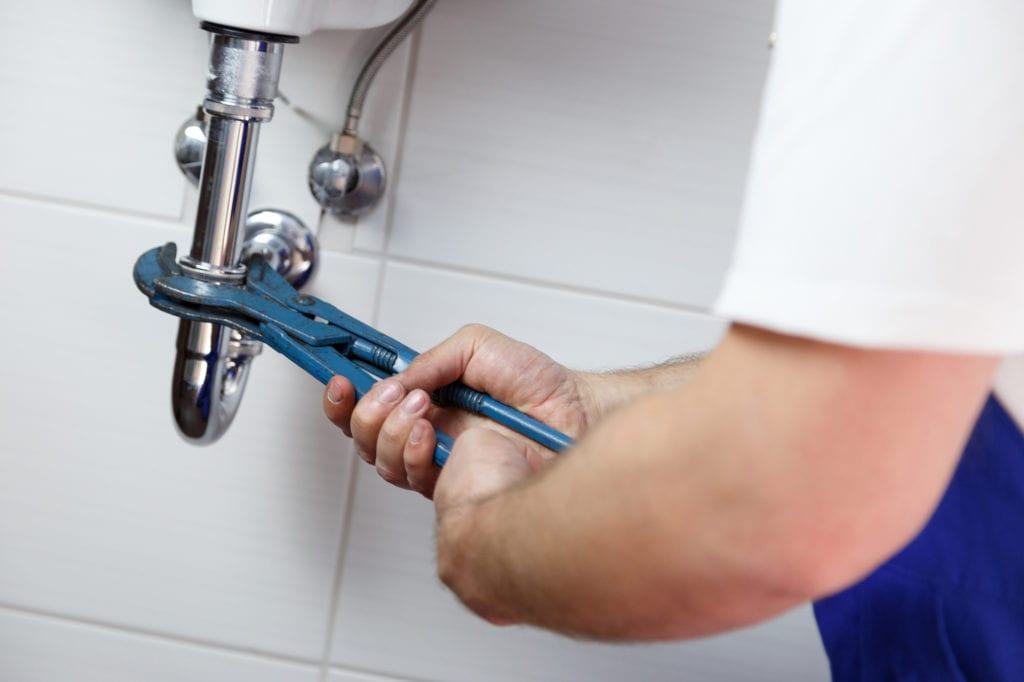
Before we dive into the process of unplugging your kitchen sink drain , it's important to understand the common causes of a clogged sink. One of the main culprits is food debris, which can easily build up over time and create a blockage. Fats and oils are also major contributors to clogged drains, as they can solidify and cause a buildup of grease. In addition, small objects such as hair, soap scum, and even small utensils can also get stuck in the drain and cause a blockage.
The Benefits of Unplugging Your Kitchen Sink Drain
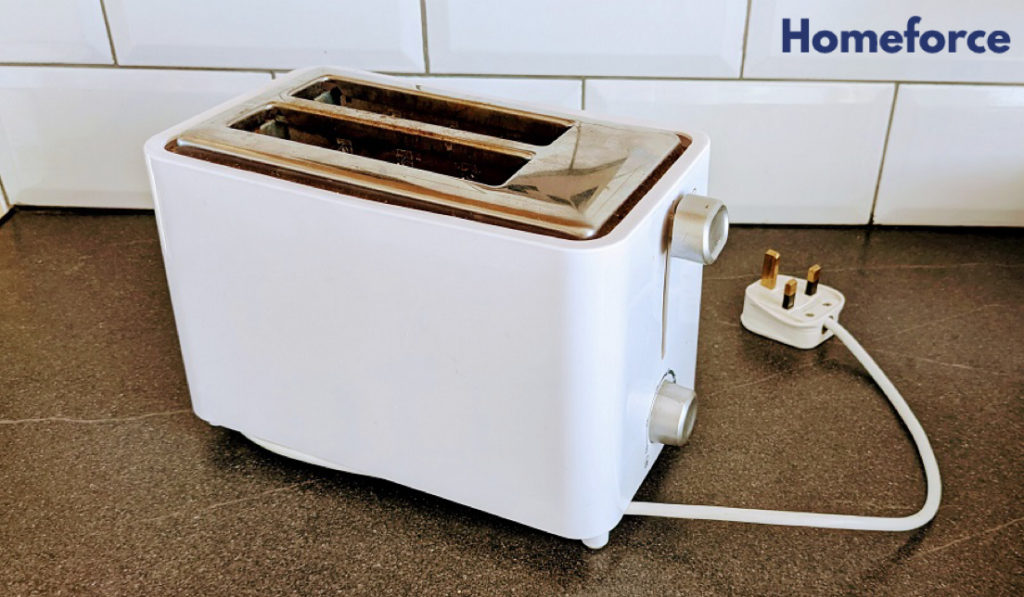
Now that we understand the causes of a clogged sink drain, let's explore the benefits of unplugging your kitchen sink drain . First and foremost, keeping your kitchen sink drain clear will prevent any potential backups or overflows, which can lead to costly repairs and damage. It also helps to maintain a hygienic and pleasant kitchen environment, as standing water can become a breeding ground for bacteria and unpleasant odors. By regularly unplugging your sink drain, you can also extend the lifespan of your pipes and prevent any potential plumbing issues in the long run.
How to Unplug Your Kitchen Sink Drain
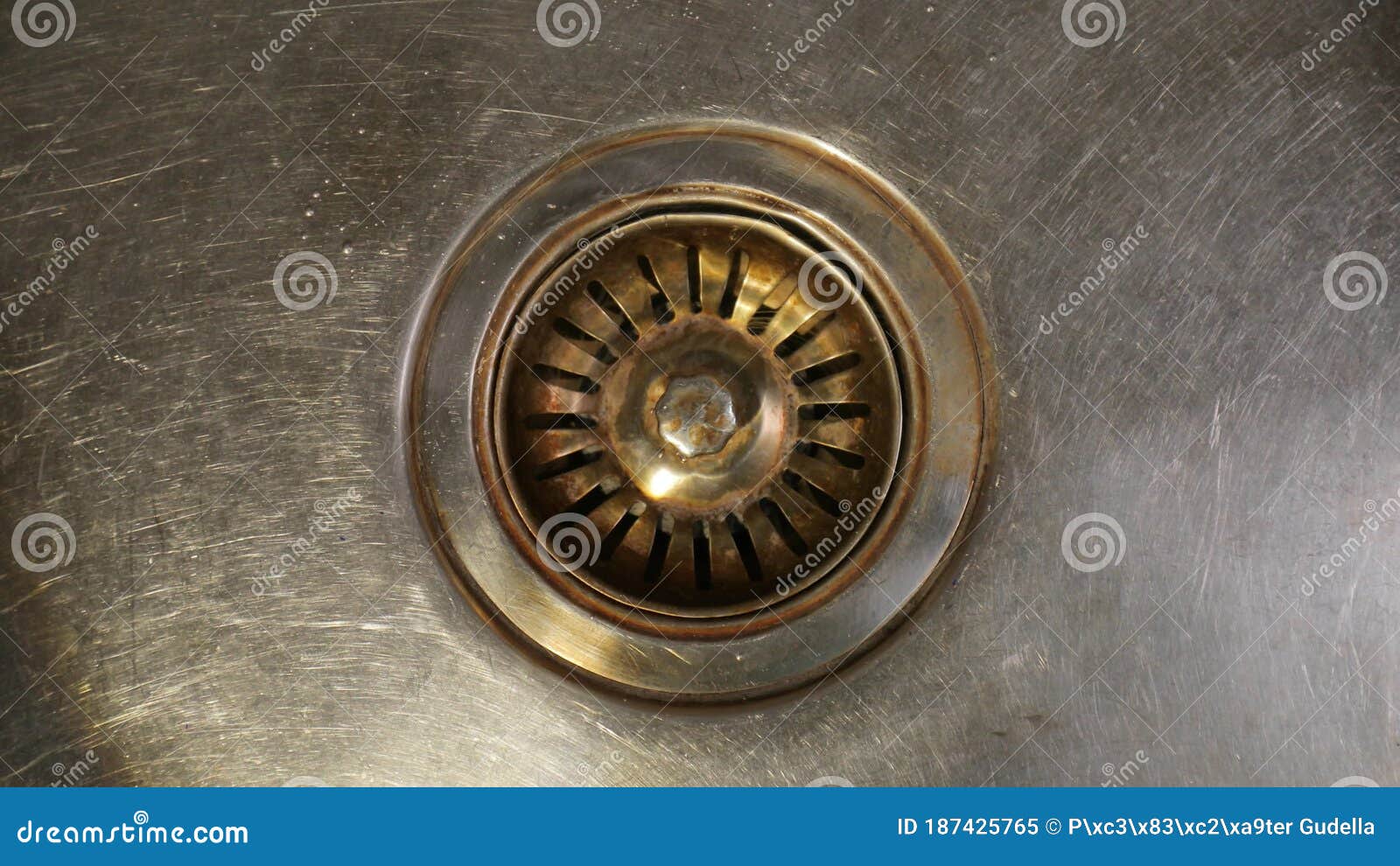
Now that we've covered the importance of unplugging your kitchen sink drain , let's go over the steps to effectively clear any clogs. The first step is to remove any debris that may be visible on the surface of the drain. This can be done using a pair of gloves and a small tool such as tweezers or a toothbrush. Next, you can try using a plunger to create suction and dislodge any blockages. If this doesn't work, you can try using a drain snake or a homemade mixture of hot water, baking soda, and vinegar to break down any buildup. It's important to avoid using harsh chemicals, as they can damage your pipes and harm the environment.
Maintaining a Clog-Free Kitchen Sink Drain
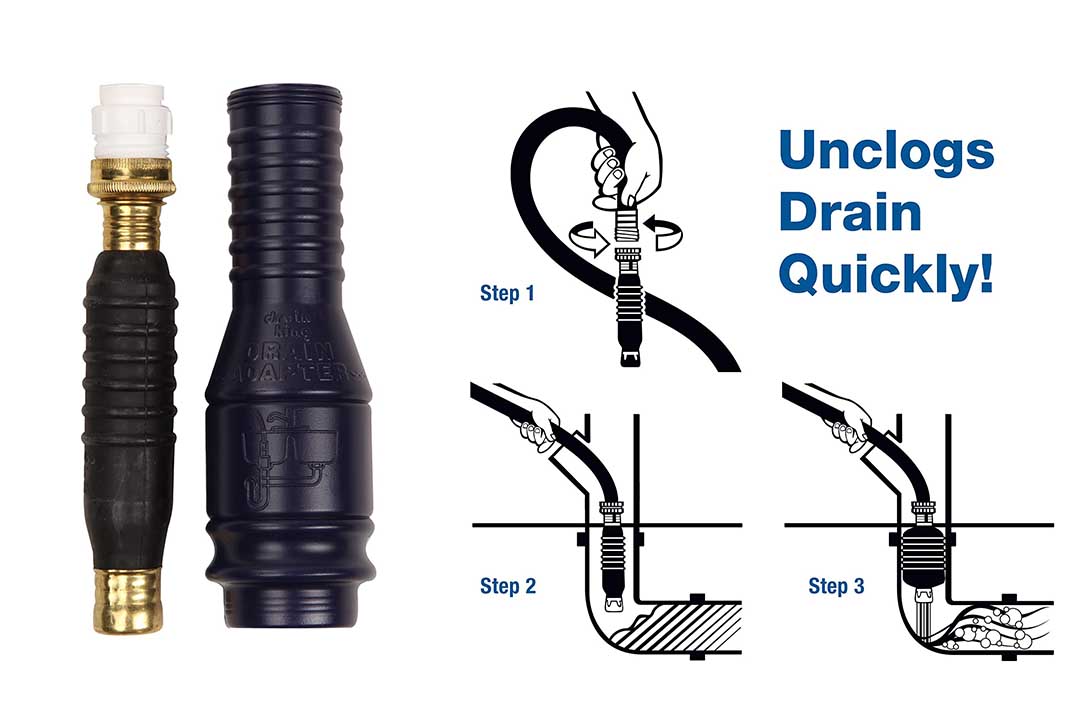
After successfully unplugging your kitchen sink drain , it's important to take preventative measures to keep it clog-free in the future. This includes regularly cleaning your sink and avoiding pouring any fats, oils, or food debris down the drain. You can also use a drain strainer to catch any larger particles and prevent them from going down the drain.
In conclusion, a clogged kitchen sink drain can cause major inconveniences in our daily lives. By understanding the causes of clogs and regularly unplugging your kitchen sink drain , you can maintain a functional and hygienic kitchen environment. Remember to always use caution and consider seeking professional help if you encounter any major plumbing issues. Happy unclogging!




:max_bytes(150000):strip_icc()/freshen-and-unclog-drain-with-baking-soda-1900466-22-bbf940b70afa4d5abef0c54da23b1d3f.jpg)



















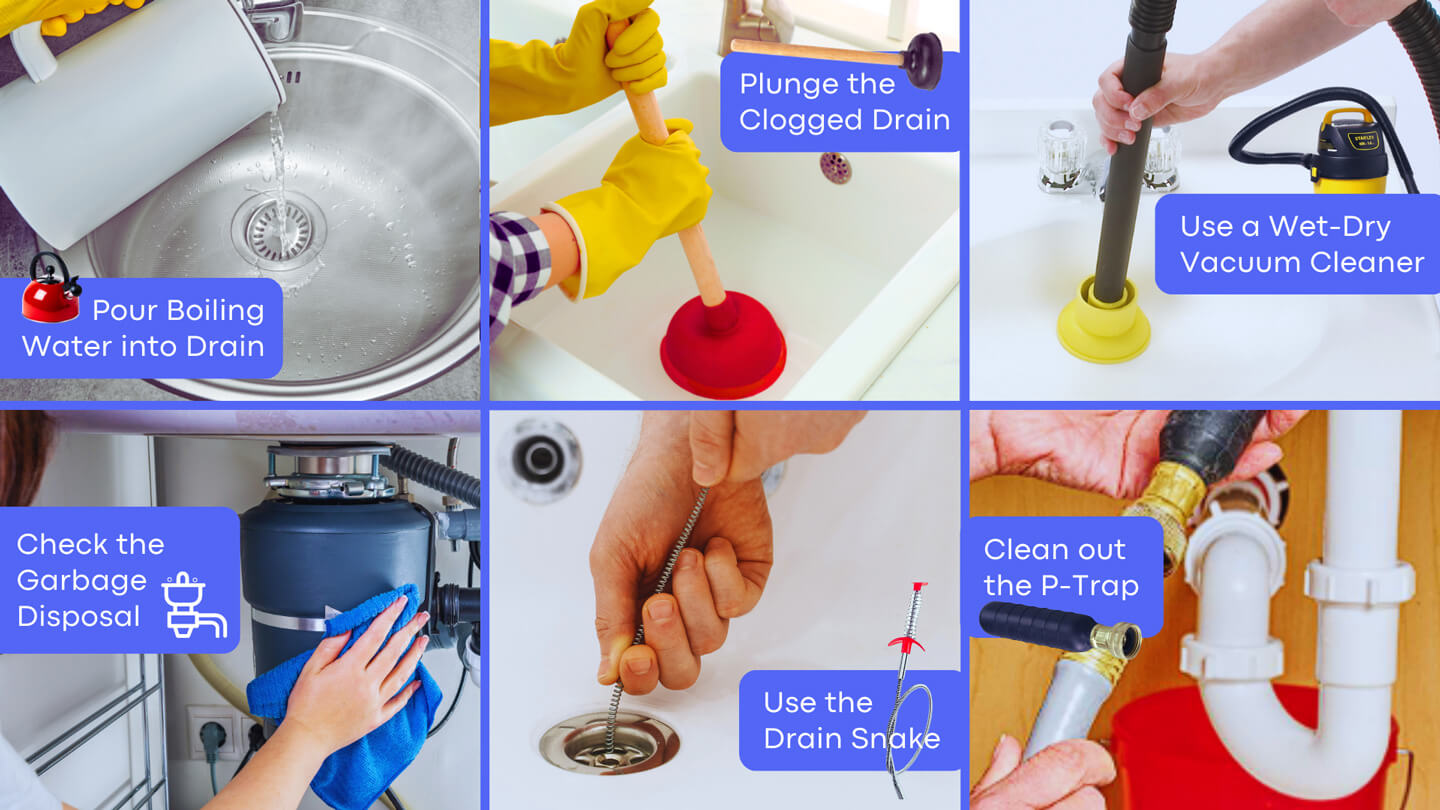
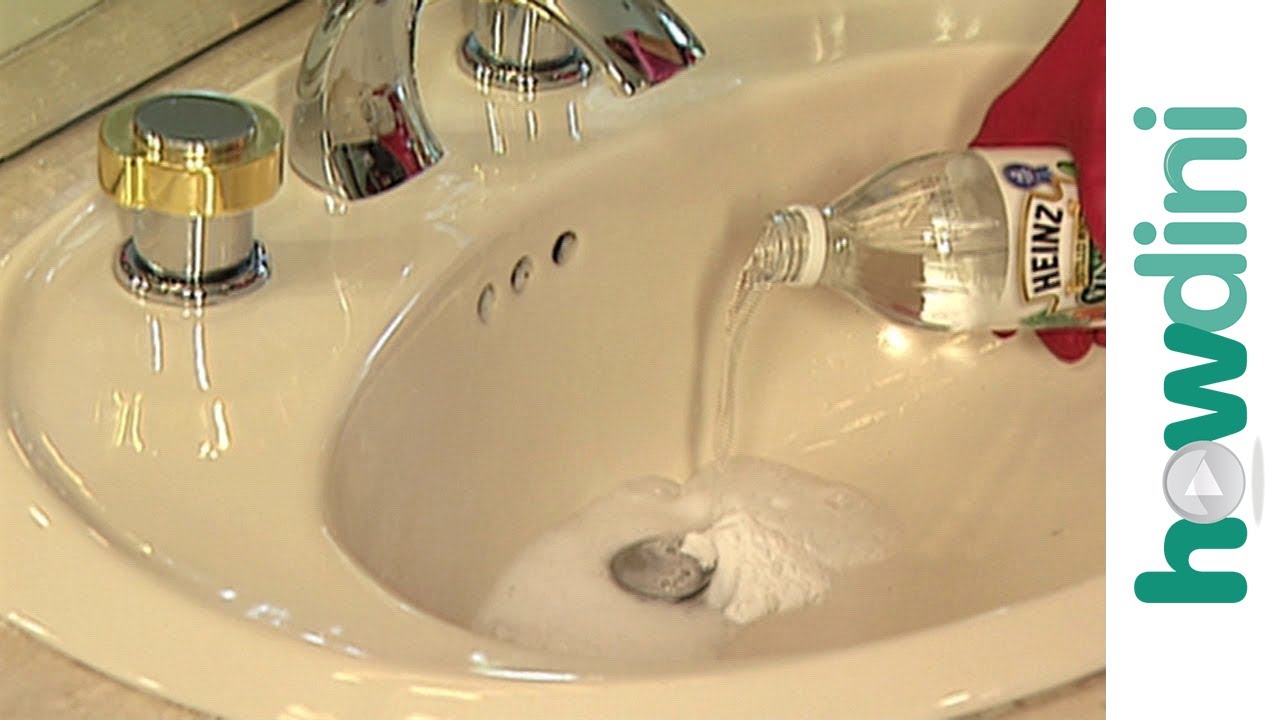



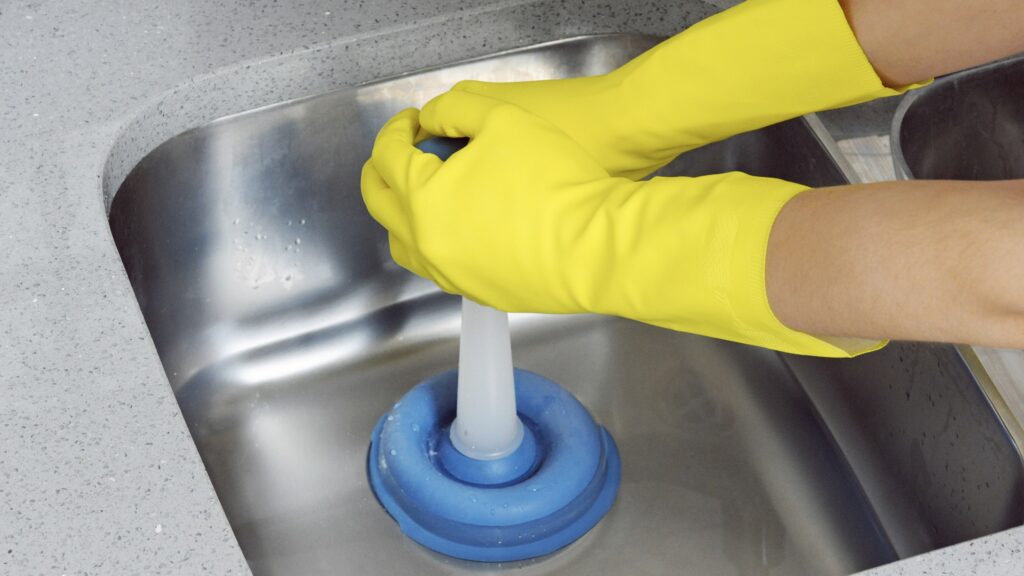





/plumber-unclogging-kitchen-sink-169270382-5797a9355f9b58461f27f024.jpg)
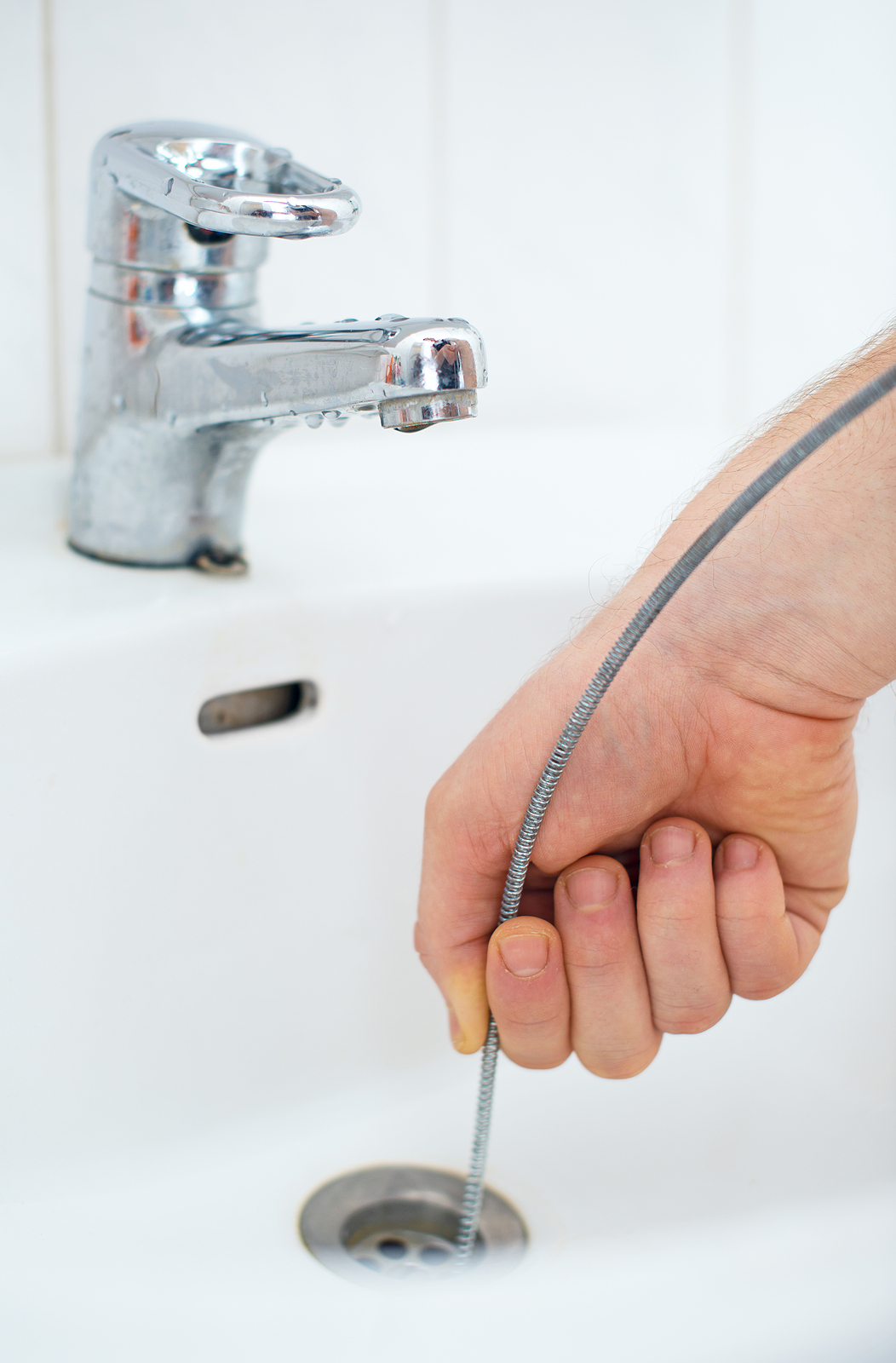





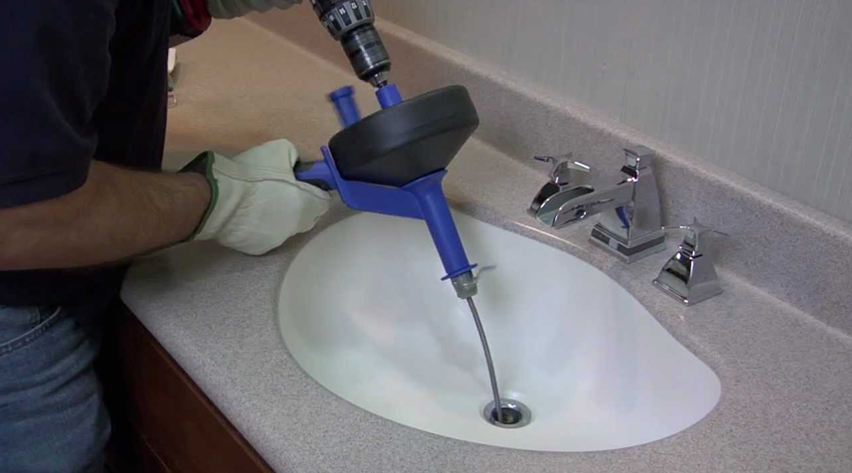
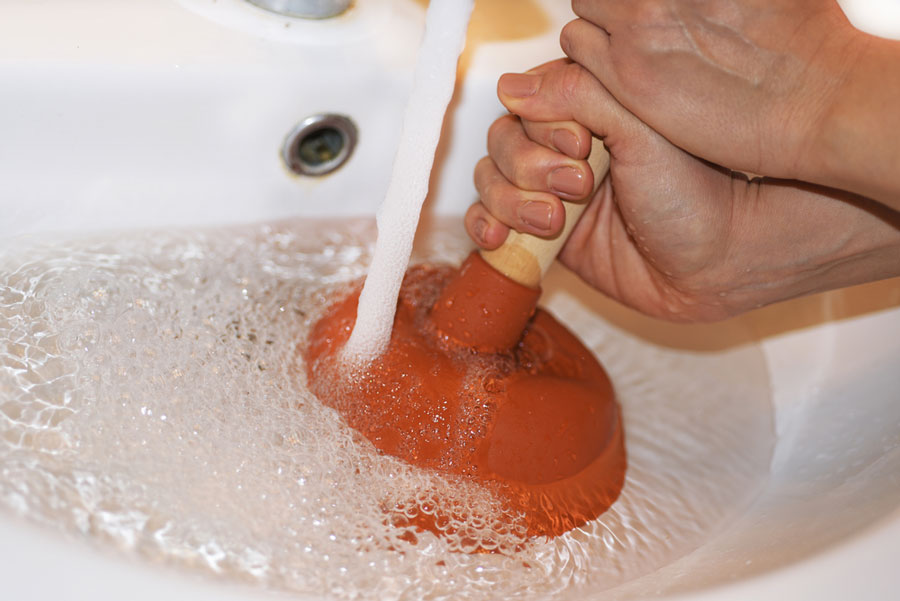

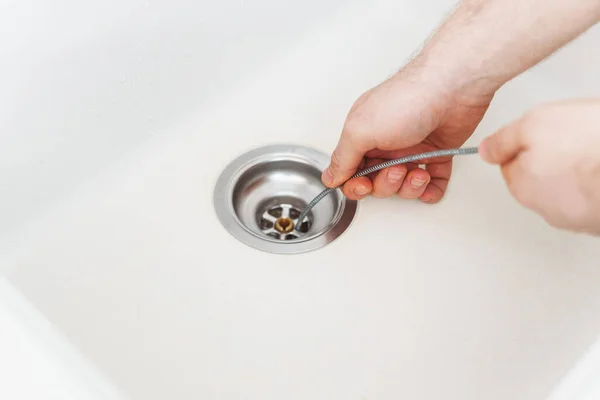

:max_bytes(150000):strip_icc()/freshen-and-unclog-drain-with-baking-soda-1900466-18-1a5b5da01939471ca8f8823865bd1ce8.jpg)



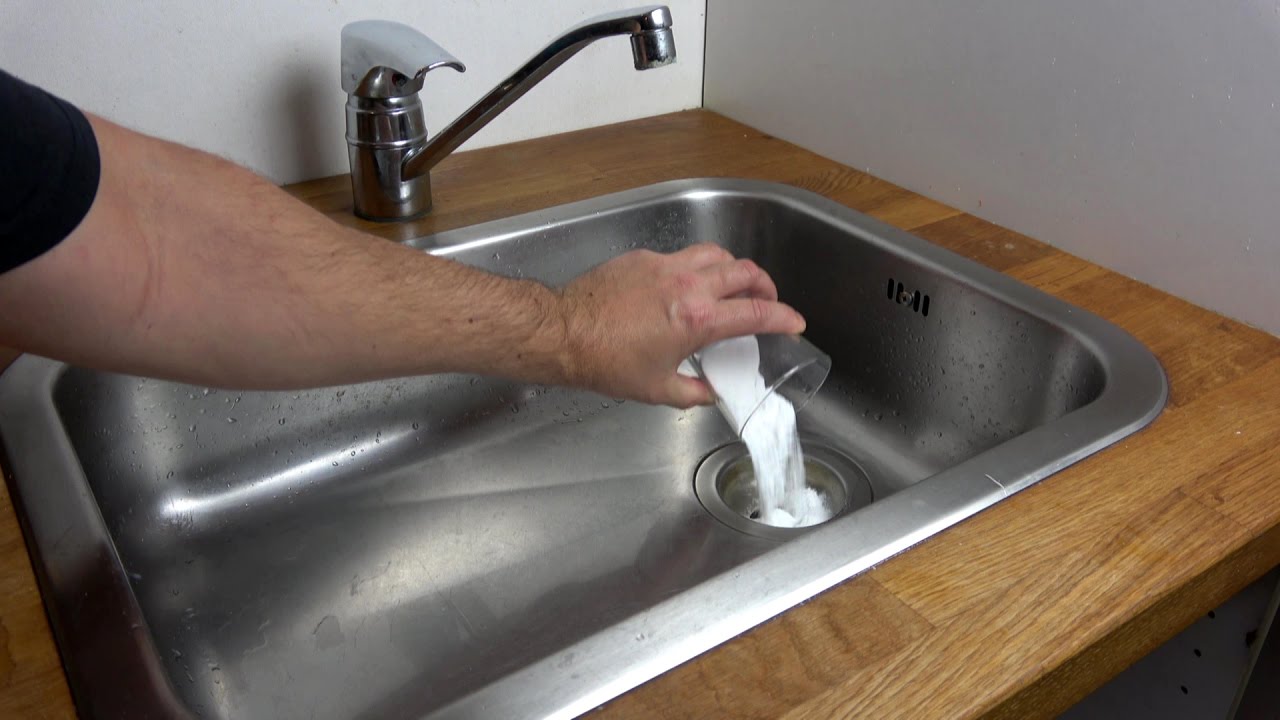
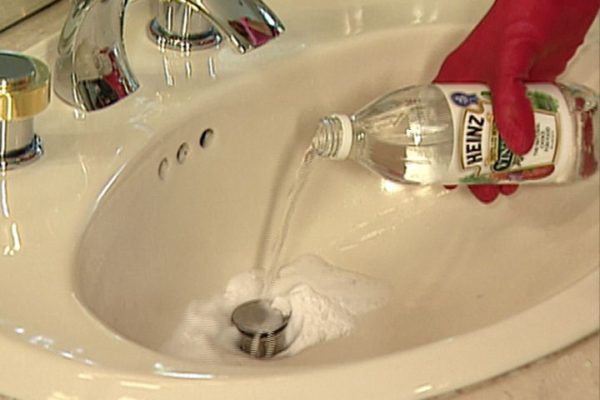

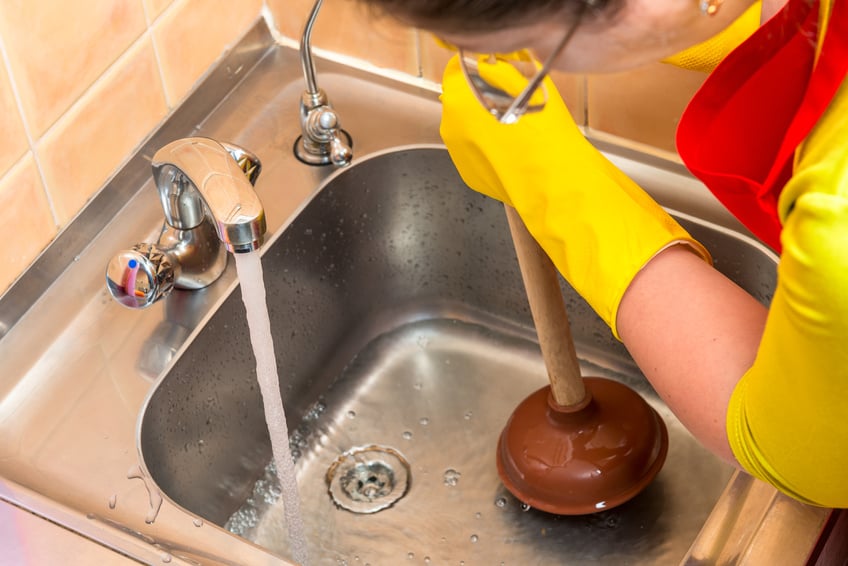






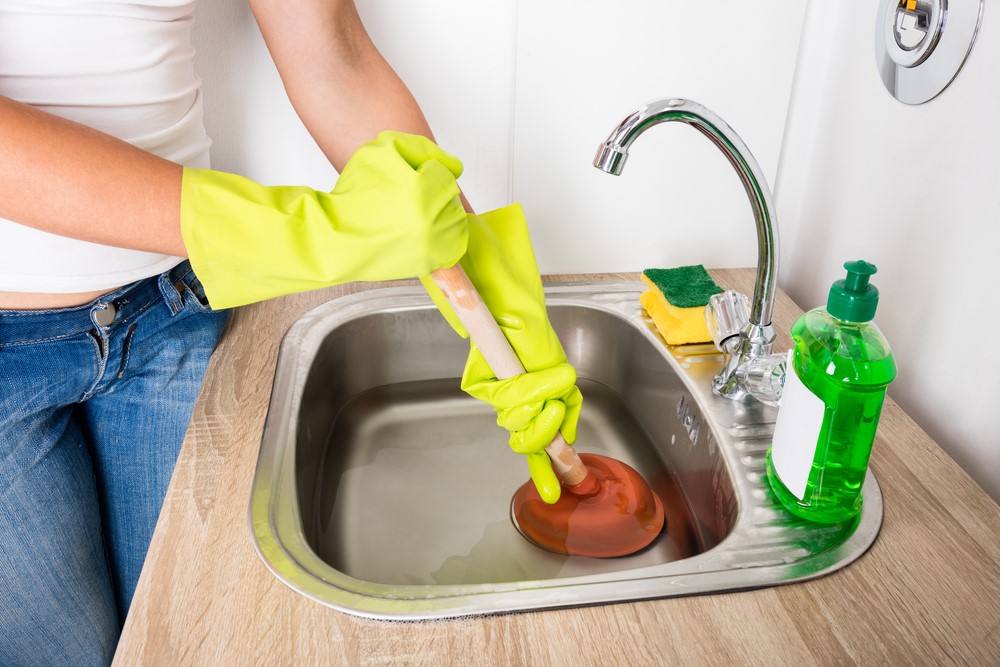
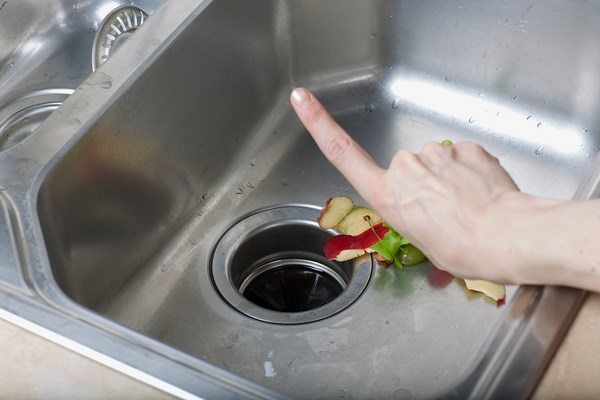
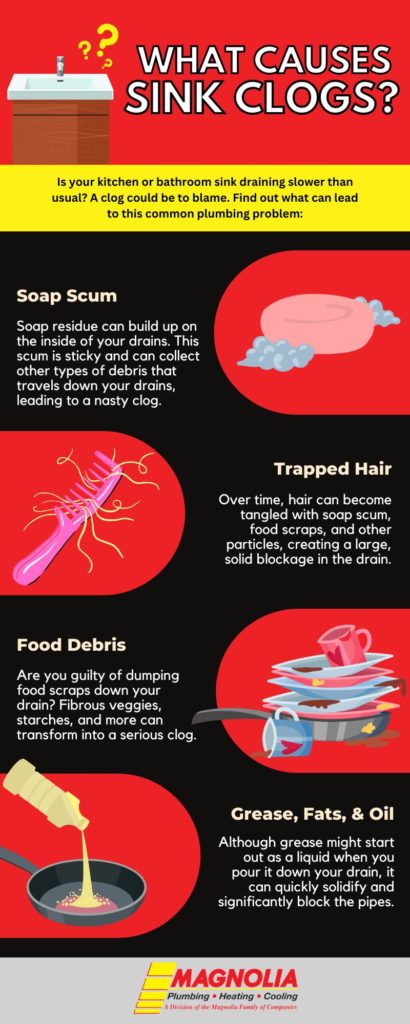




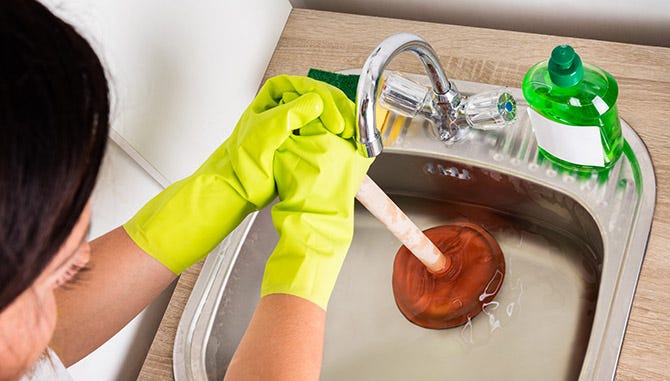
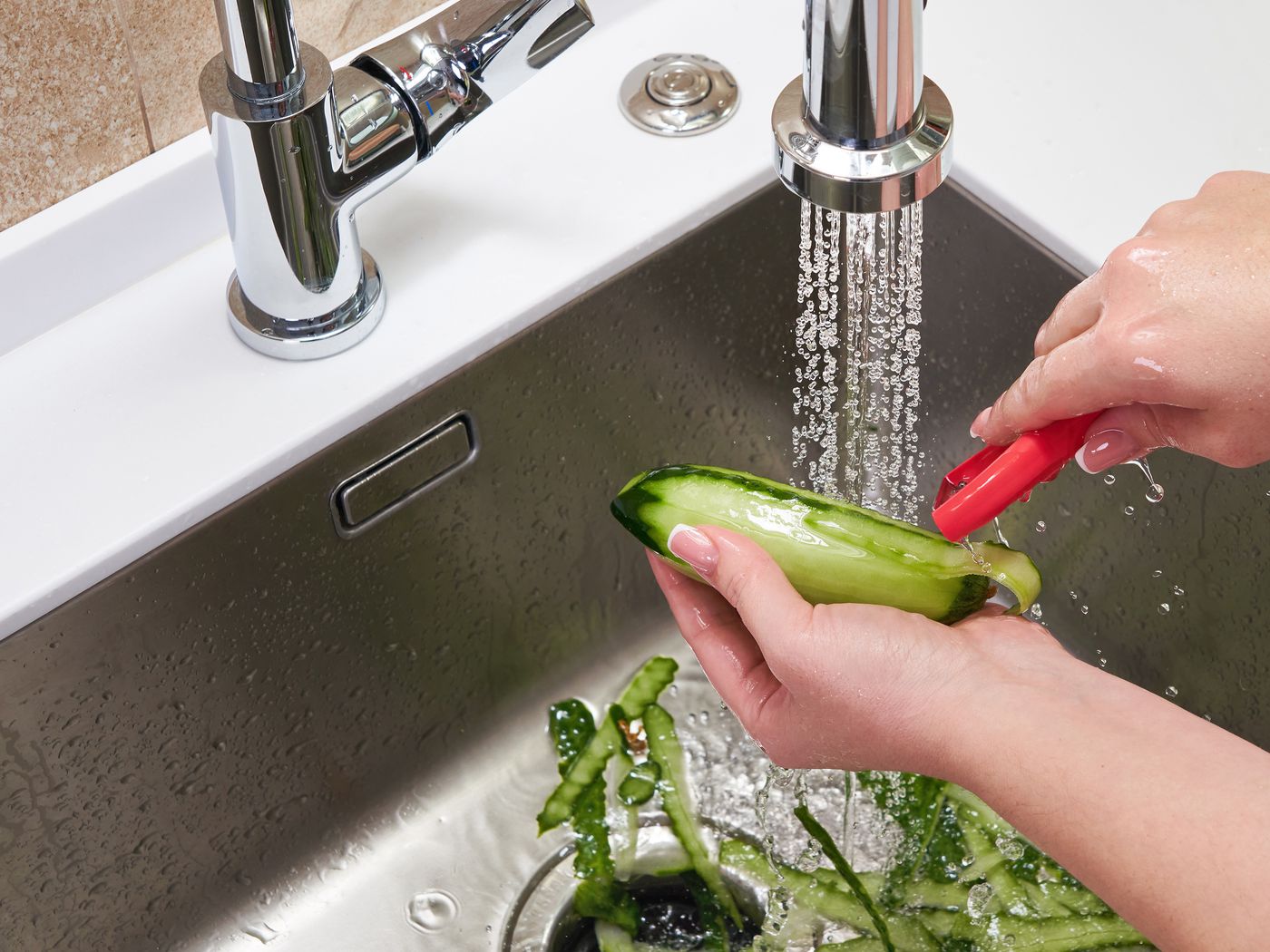


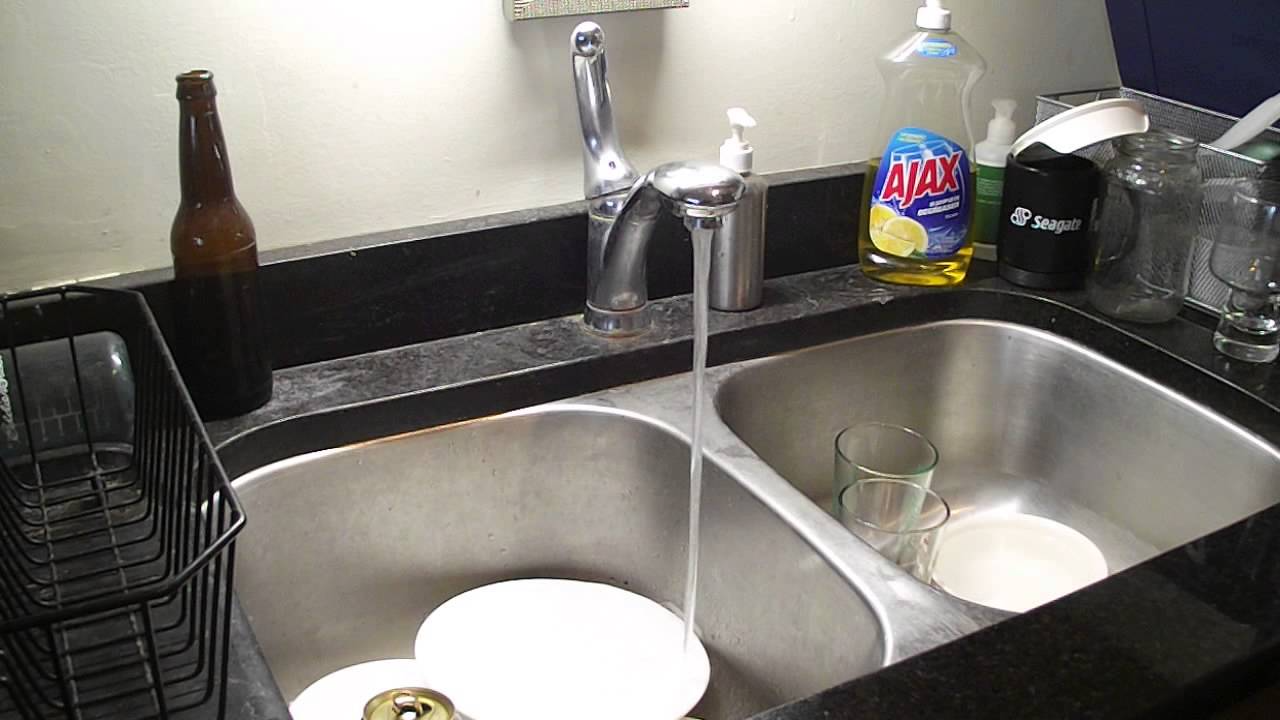






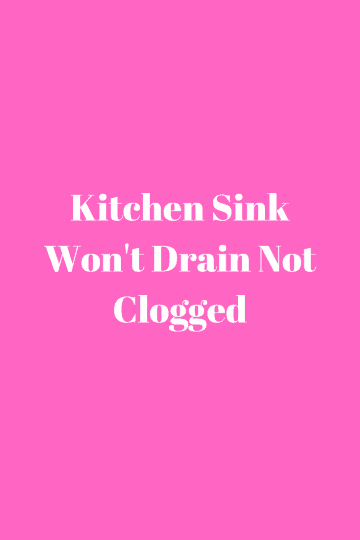




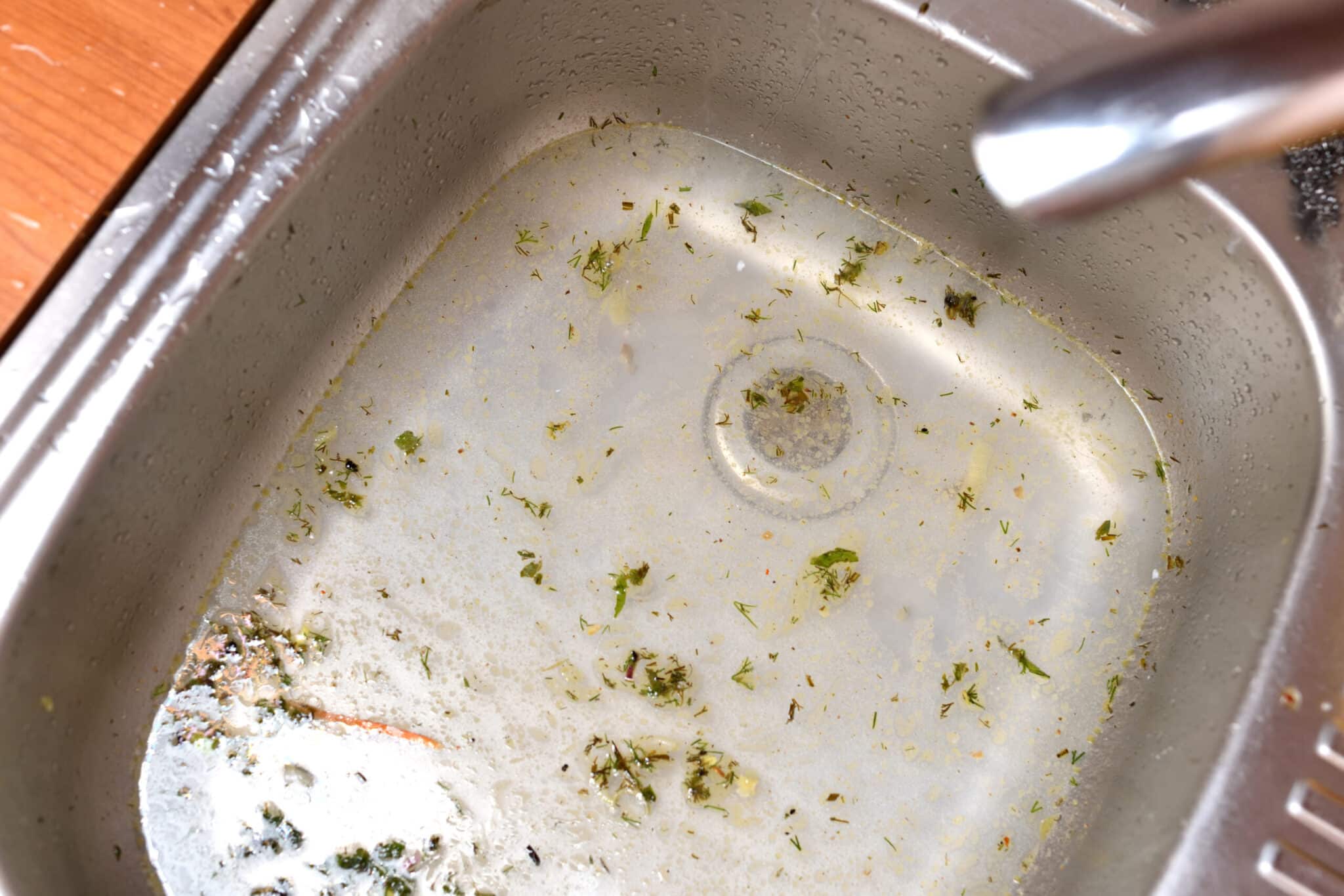

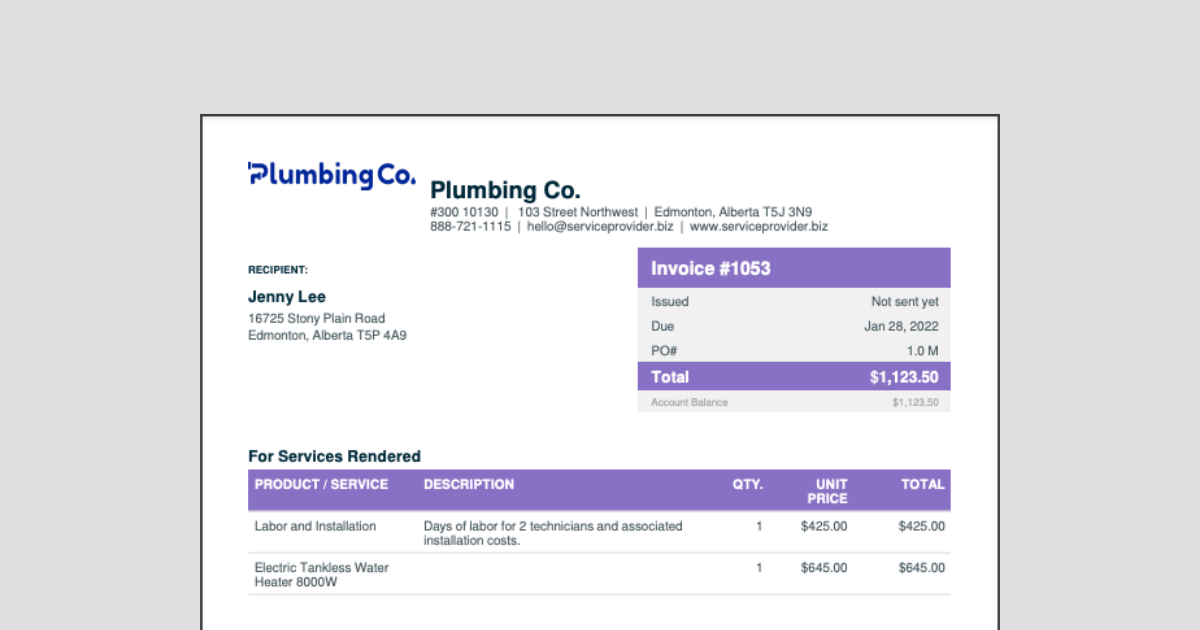
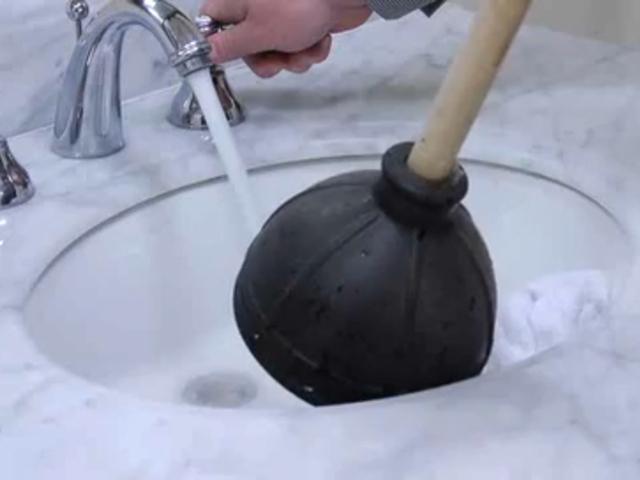


/tim-conway-2000-4b9bbef89b8547d59a70f541254560fa.jpg)
